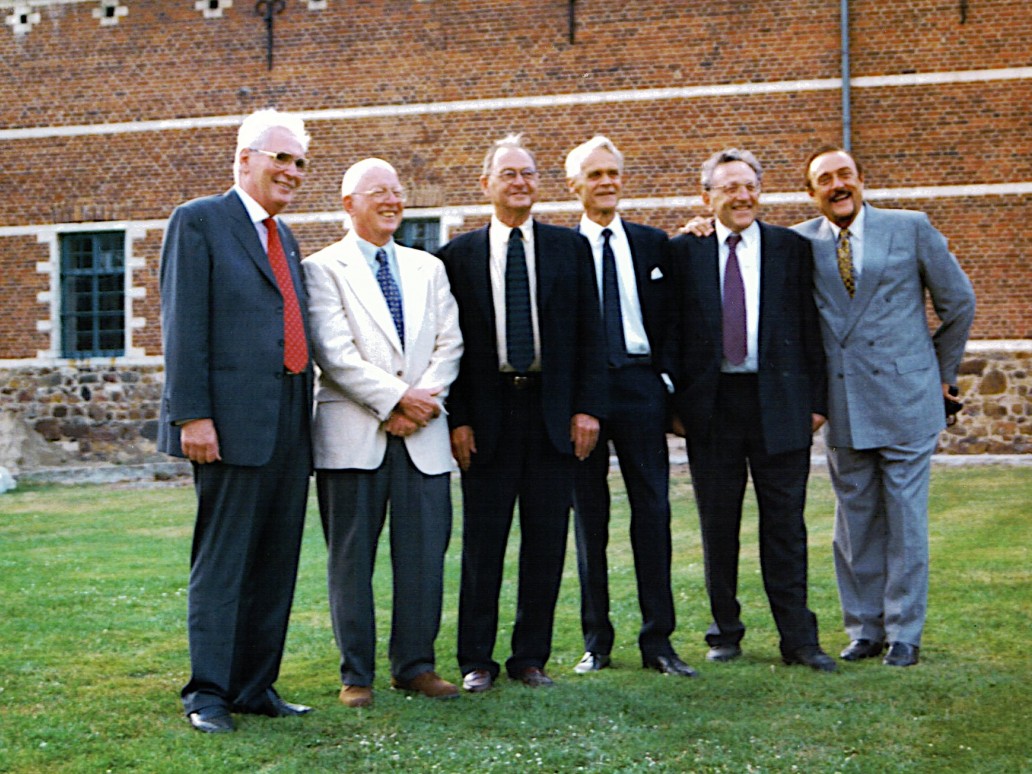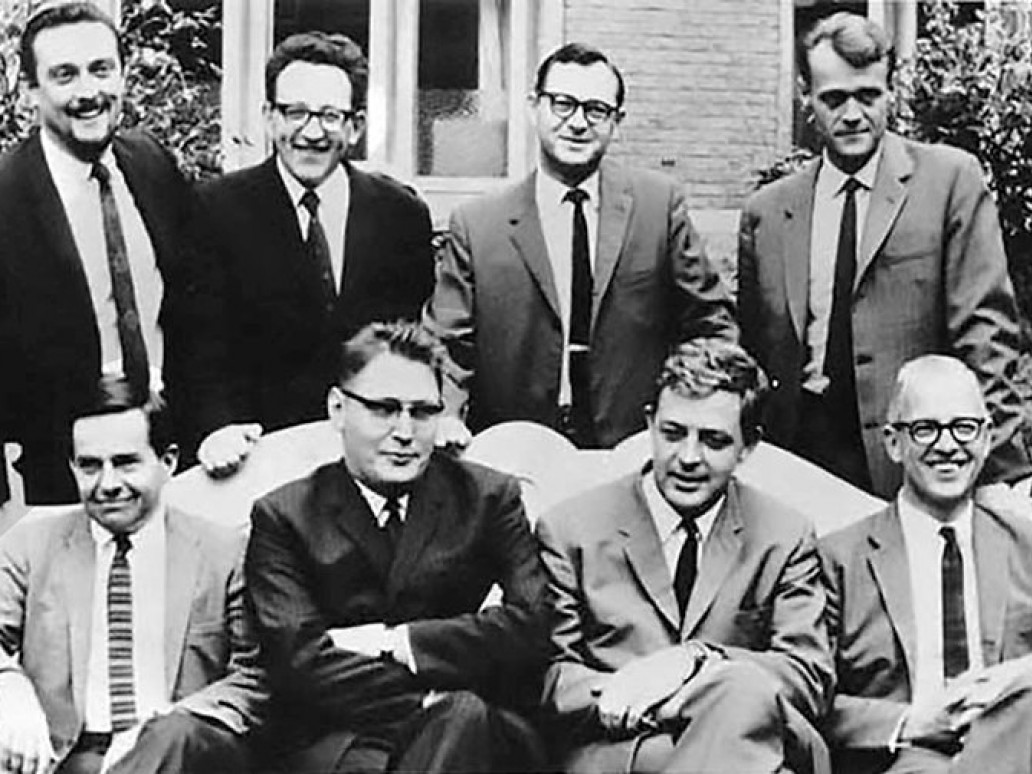Early Activities: Summer Schools
Reading what Moscovici and Tafjel wrote about the early summer schools (The Hague in 1965 and Leuven in 1967) leaves one with the distinct impression that the summer schools were considered the flagship of the Association. The intensive research training achieved through a summer school was thought to contribute to and even hasten the development of active research centers of research in social psychology throughout all of Europe.


Although the first school at The Hague was an interesting first experiment, the Leuven summer school of 1967 should be credited for becoming the model for its many later successors. Jef Nuttin and Jos Jaspars served as dean and co-dean of the School. Faculty were Bob Zajonc, Hal Kelley, Phil Zimbardo, Hal Gerard, Ragnar Rommetveit and Jaap Rabbie. As described in Nuttin’s report, the Leuven summer school was set up as “a residential seminar in which participants would have the opportunity to develop - in collaboration with a ‘master’—an original hypothesis, to design an experimental test of it within a laboratory context, to conduct the experiment, and to analyze and present the results in a written report.” In other words, the intent was to go ‘full circle’ in a limited amount of time. To achieve these ambitious goals, under the guidance of a North American of a European faculty member, 30 participants, divided over six research teams, were brought together at Leuven for five full weeks. And in fact during these five intense weeks they went full circle. It is hard to imagine that today’s summer schools would still last that long, but in those days such was possible. And in spite of the fact that the school took place in the summer the organizers managed to have a sufficient number of participants for the experiments that were planned. In effect, more than 1000 military recruits from a nearby army base were carried in by the truckloads to serve as participants. The benefits of this and all the later summer schools cannot be underestimated. There is of course the direct training effect, but the development of networks of students across Europe after the summer school is over is of at least equal if not more importance, which is why the summer schools are still considered, today, one of the association’s flagship activities.
